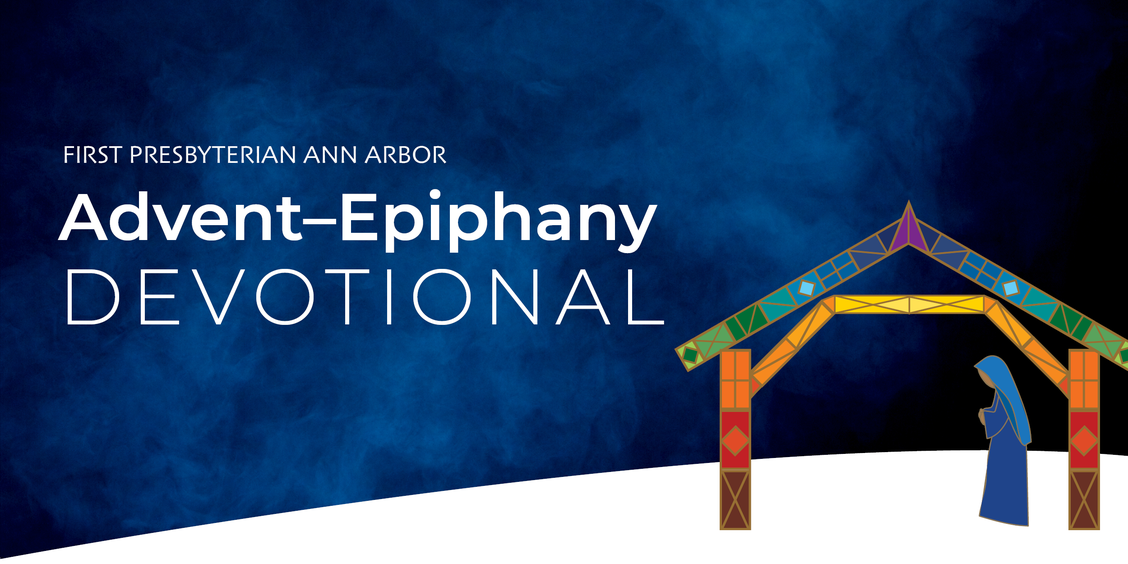
A Lenten Devotional: Hebrews 1:8-12
In these passages (quoting from the psalter and Isaiah), the author of the Epistle wants to show us that Jesus Christ is superior to the angels—that he is the Lord. We labor under a misapprehension if we understand the lordship of Jesus Christ as just one among so many doctrinal points to be believed. These verses elaborate on God’s temporality (that is, his time) in Jesus Christ. The eternity of God’s throne is closely tied together with God’s endless righteousness. The righteousness of God is coextensive with the terrain of God’s kingdom, which encompasses and transcends the cosmos. Only Nothingness exists outside of God’s kingdom; Nothingness will not, however, have the last word.

An Early Karl Barth Sermon: The Discipleship of Jesus (1907)
The following is my unauthorized translation into English of one of Karl Barth's earliest sermons: Homiletic Seminar in Bern, Summer Semester 1907: In the summer semester of 1907, his last semester in Bern before he moved to Tübingen, Barth had taken "Homiletic and Catechetical Exercises" with Moritz Lauterburg (1862-1927; since 1905 Professor of Practical Theology in Bern), according to his "Zeugnisheft" from the Bern University of Applied Sciences.

A Lenten Devotional: John 7:14–31, 37–39
At the Festival of Booths, Jesus told the crowd, “Those who speak on their own seek their own glory; but the one who seeks the glory of him who sent him is true, and there is nothing false in him.” There is a symmetry between Jesus’s activity in the world and the divine activity of the Creator God. The Father “has given [Christ] these works to accomplish in the Father’s name and for the manifestation of this name.” We also see the corollary. “Because the Father dwells in Him, the Son, it is the Father who performs the works through Him. Thus the Son is not really alone in His action, but He who sent Him is with Him” (Barth, CD III.2, p. 63). The Triune God is at work in the Christ-event, for us and for the life of the world, in the power of the Holy Spirit. Jesus’s call, “Let anyone who is thirsty come to me, and let the one who believes in me drink,” is precisely an invitation to reimagine what Lent means for us today.

Victor Turner, Christian Women, & Emancipation in Ritual
Rituals are a common thread across culture, time, and space. Examples of rituals studied by ethnographers include everything from circumcision ceremonies in central Africa to Christmas holiday shopping in megamalls across the United States. There exists a rich trove of theoretical apparatuses from which we can mine to better understand the seemingly impenetrable worlds of other religious procedures that defy Euro-American norms of liberated femininity and female emancipation. This is never more true than it is in the realm of the anthropology of theology, religion, and religious ritual.

An Advent Devotional: Phil. 1:3-11
Paul’s peace (eiréné) is literally a tying together—in Greek, the word derives from eirō (to tie together). Joined together in life’s creative wholeness, the united community of God, which “[shares] in the gospel” (koinōnia), joyfully perseveres through all hardships in thanksgiving and gratitude.

Towards an Apocalyptic Catechism
What would an ecumenical, Reformed, and apocalyptic exposition of the Christian faith look like?

On Temptation (Versuchung) in Bonhoeffer (I & II)
The reading from the New Testament on Sunday, the first Sunday in Lent, comes from Luke 4:1-13. This pericope concerns the temptation of Christ by the devil while he was in the wilderness. On reading commentaries about this passage, I came across multiple references to Bonhoeffer's essay, “Temptation,” found in various places and translated in at least two editions. I myself used the translation offered in the English edition of Bonhoeffer's Works (vol. 15, pp. 386-415). Reading the text for the first time, I was surprised by the controversial claims Bonhoeffer makes. His essay is in many respects an extension of a radical Lutheran epistemology. The very word temptation receives a thoroughgoing redefinition.

Jesus as Victim of Sexual Humiliation & Assault: Preliminary Thoughts with Tombs and Bonhoeffer
Victims of sexual humiliation and abuse likewise receive the exhaustion of the rage of the world in their bodies. Living day by day with the stigma and scars of their crisis, they suffer with the crucified one who truly knows their pain in a direct, visceral, and experiential way.

Towards a Socialistic Theology (I & II)
This distinction is perhaps one jumping off point, a conceptual springboard, from which we can begin to expand on pressing ideas in the air among left-wing Christians today. Christians together “constitute the covenant people of God” (135). What this means is that the texture of reconciliation with God must not, cannot, and will not begin with individual people reconciled to an individual God; it begins, much to the contrary, with a storied God redeeming his beloved people in space and time as the fulfillment of his freely willed determination to be the God of love in freedom, the God who wills to be with human beings for all eternity. Gorman terms the individual components of the Gospel as its “benefits.”

Healing and the Promise (2016-2017)
What you will read below is a time capsule—containing some of some of my earlier writing. It is a continuation of previous reflections.

Suffering and the Promise (2015-2016)
This is a collection of posts, originally published in three installments in late 2015 and early 2016. What follows is an edited version. What’s remarkable to me—writing in August 2021—is how much my views have changed, and how much consistency yet remains. I hope this collection of reflections benefits you in some way.